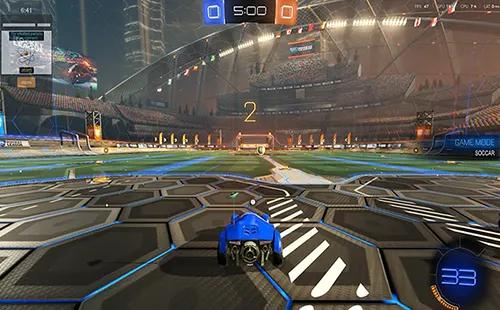Guerrilla Warfare
Guerrilla Warfare:
During the French Revolution and Napoleonic Wars, guerrilla warfare became a crucial strategy for smaller groups resisting Napoleon's powerful army. In Spain, local fighters known as guerrillas used ambushes and hit-and-run tactics to disrupt French supply lines and weaken their forces. This approach was important because it allowed less equipped and smaller groups to challenge larger, well-organized armies effectively. Today, guerrilla warfare still matters as it shows how determined individuals or groups can use unconventional strategies to stand up against more powerful forces. For example, in a school setting, students might use creative ways to peacefully protest and make their voices heard about certain rules or policies, demonstrating how smaller groups can influence change.

Practice Version

Guerrilla Warfare: A small groups of civilian combatants who attacks a regular army. Guerrilla warfare is a tactic used by smaller groups using surprise attacks and ambushes to fight larger traditional military forces.
